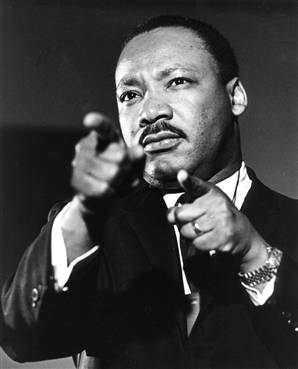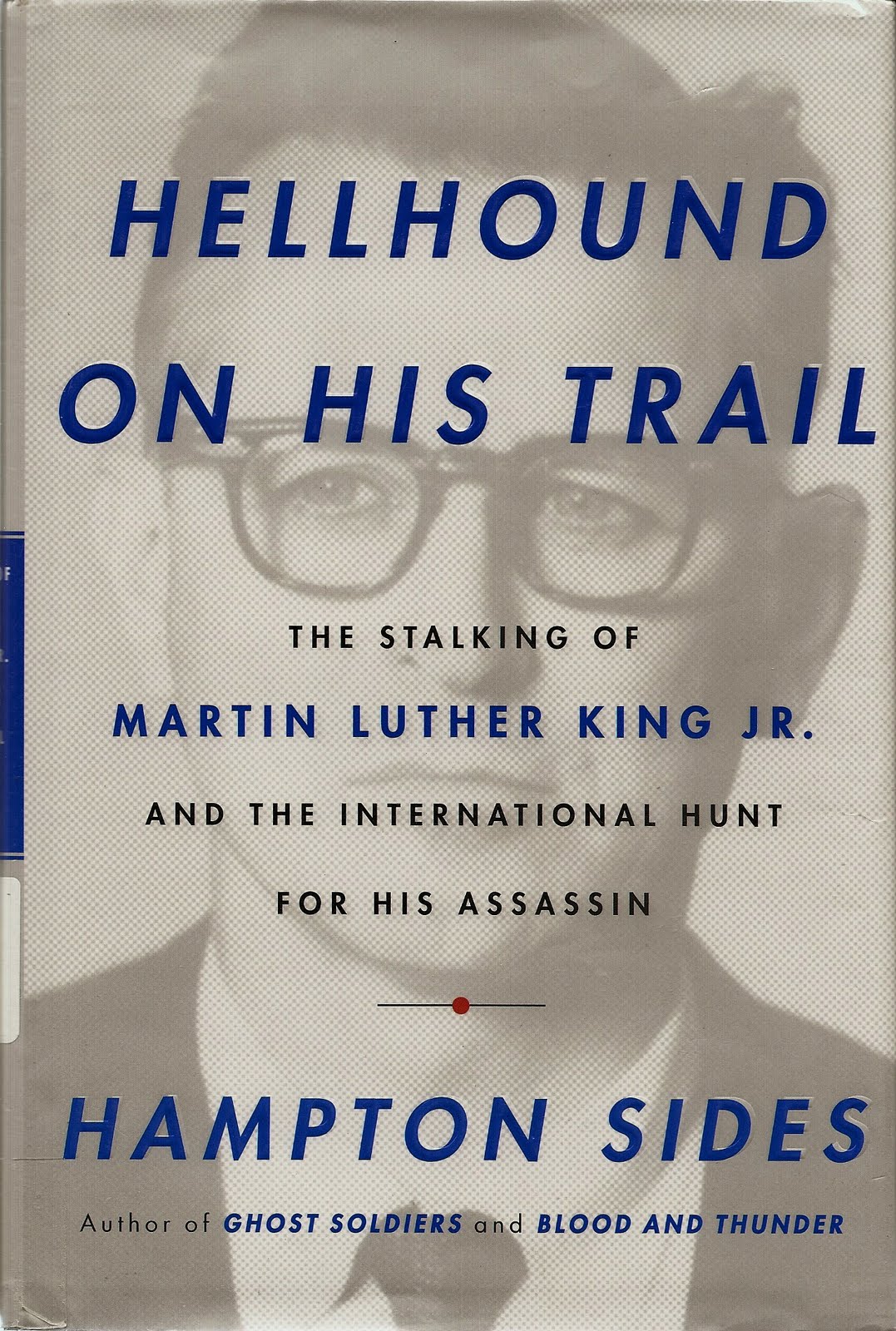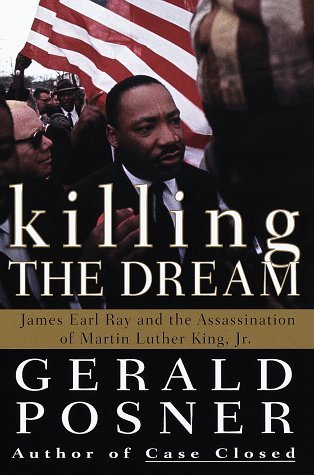
On April 4, 2011, we marked the 43rd anniversary of Martin Luther King Jr.’s assassination in Memphis, Tennessee. From John F. Kennedy’s murder to MLK’s to the killing of Bobby Kennedy, the 1960s were years of upheaval and violence. And they spawned a new age in mystery and crime writing. Conspiracies. Millions of words have been expended both proving and dismantling conspiracies. Did Lee Harvey Oswald act alone? Did Sirhan Sirhan? Did James Earl Ray?

Let me stop here and explain something. Besides writing historical mysteries, I teach college composition, including how to avoid the use of logical fallacies in writing. And lone shooter theorists are the worst abusers. Guys, if you want to shut down conspiracy theorists, do it with the facts and with evidence, not by slapping them all with the label of nuts or wackos. That’s called an argumentum ad hominem, or argument to the man. It’s a fallacy. And it says more about your argument than it does theirs. However, in the interest of fair play, I admit that conspiracy theorists do see the giant hand of nefarious and unseen forces behind every lone gunman author. Okay, with that off my chest, let’s look at a couple of reasons why I have failed to be convinced by anyone yet on the Reverend King’s death. First, I have one really good question. Where did James Earl Ray get the money to fly from Canada to England to Portugal and back to England again before he was arrested?
I know, I know, he and his brothers were supposed to have robbed an Alton, Illinois bank in 1967. But here’s the thing: in 1978 an Alton, Illinois police lieutenant denied that the Ray brothers were ever suspects in that crime. In fact, Jerry Ray surrendered himself to the police there in an attempt to clear the whole matter up and he was sent home. That same police lieutenant said that neither they nor any employee of the bank had ever been questioned by the New York Times, which broke the bank robbery story, or the House Assassination Subcommittee. I do not know if the Ray brothers robbed that bank, but the fact that the police department in whose jurisdiction the robbery occurred denies that they were ever suspects is pretty compelling. If the lone gunman folks can either a) prove beyond a doubt that Ray committed the bank robbery or b) show me another source for the money, then I’ll be a lot more willing to accept James Earl Ray as the assassin.
Another thing that annoys me about the lone gunman books is that they ignore the 1998-1999 wrongful death suit filed by the King family against restaurant owner Loyd Jowers. The jury in that civil trial found that Jowers was involved and Ray was not. A major tenet of persuasive writing is acknowledging and countering opposing arguments. Ignoring them isn’t part of the drill. Quite frankly, I have my doubts about Jowers’ story, but were I to attempt to write a book about the King assassination, I could not possibly ignore a consideration of the King lawsuit and its outcome. Why Sides makes no mention of it is puzzling.

All I would like to see out of folks who write conspiracy-related works is an honest attempt at objectivity. I would like to see them persuade with facts and evidence, not personal attacks and omissions. In other words, I expect from them simply what I expect from my freshman composition students. Is that too much to ask for?
Tony Hays, author of The Beloved Dead.

Thnaks for Shaering it